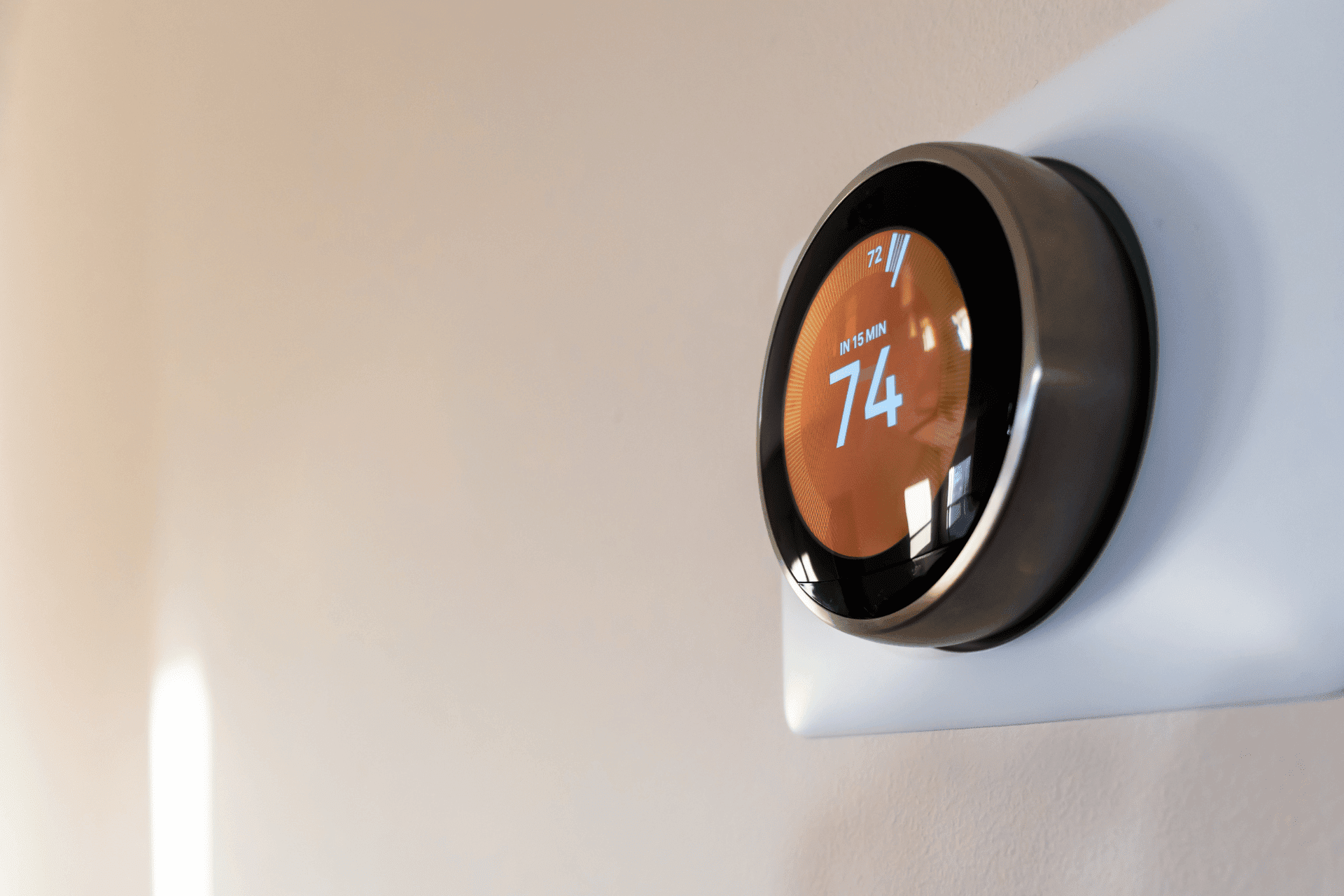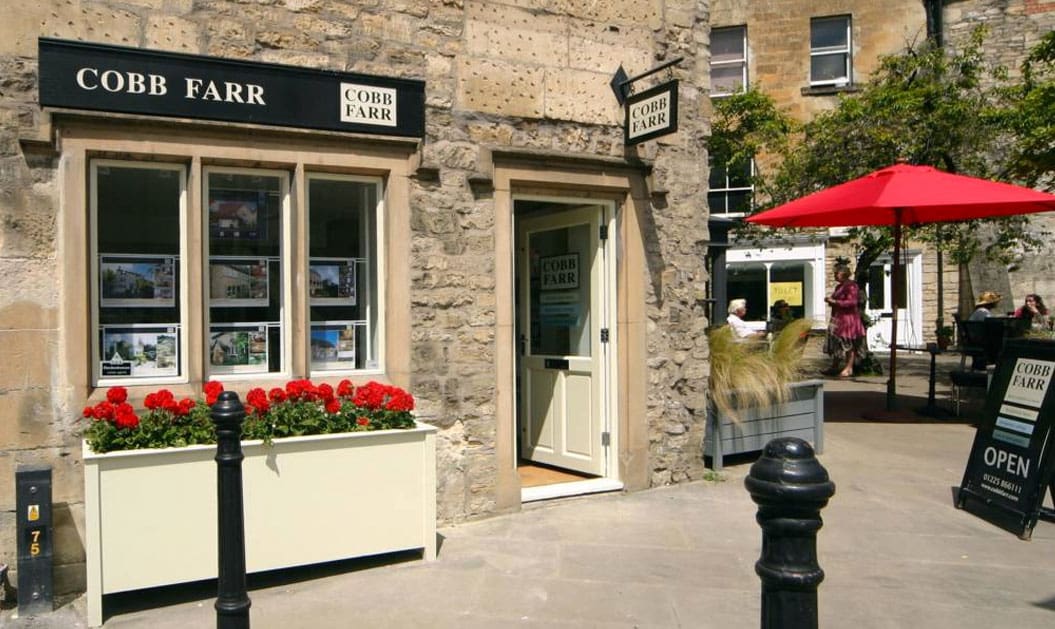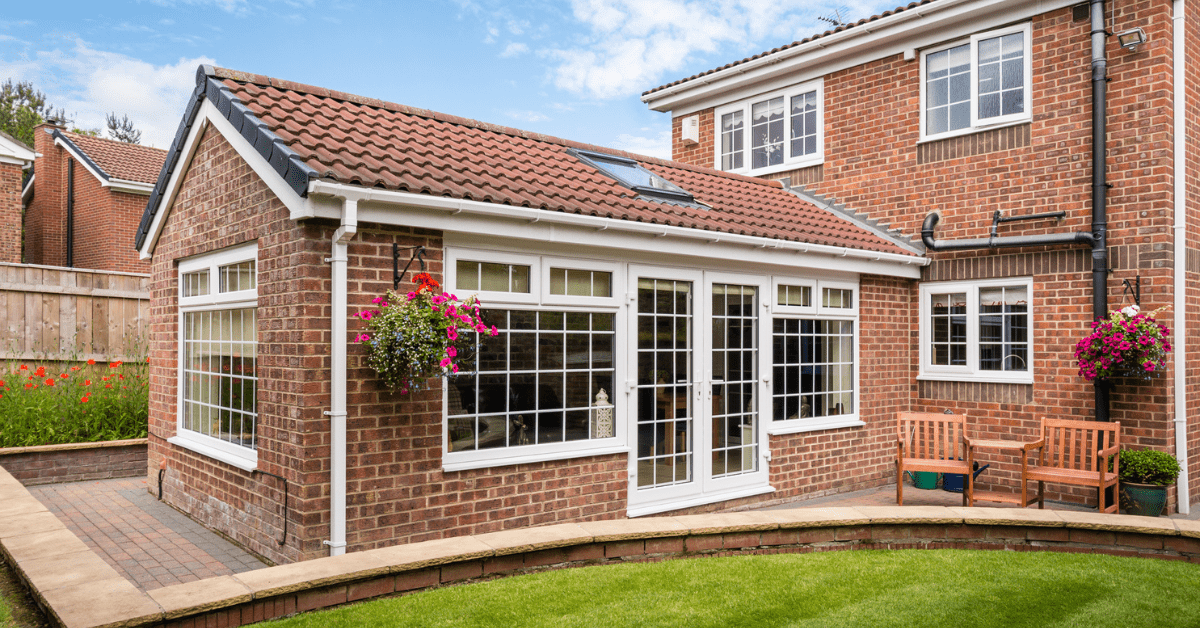Are you considering buying a new build? Want to know more about the pros and cons, how the buying process works and whether buying ‘off-plan’ is a good idea?
Our team at Cobb Farr have put together a detailed guide so you can decide whether buying a new build is the right property investment for you. We cover everything you need to know including whether there are any potential hidden costs and which questions you should ask before buying.
Why buy a new build property?
New build properties offer a variety of advantages that you won’t get when purchasing an older home. Here’s a rundown of the most compelling.
1. They’re ready to move in
With a new build property, you simply need to move in, unpack your belongings and enjoy your new home. You won’t need to invest in deep cleaning, renovations or redecorating before you move in because everything is already done for you.
2. It’s easier to get onto the property ladder
Schemes such as Help-to-Buy and other developer incentives mean that it’s much easier to get onto the property ladder when you invest in a new build property. For first-time buyers, this can be a huge advantage during times of global economic strain.
3. New build properties are chain-free
When you buy a new build, you won’t need to worry about a chain of people who need to sell first before you can move in. This makes it much less stressful to buy your new home and you could be able to move in faster.
4. They offer modern, energy-efficient living
Many new builds are equipped with the latest technology including smart home features and even added extras such as gyms. Because they need to comply with the latest building regulations, they’re also more energy efficient and could save you a substantial amount on your energy bills while helping reduce the impact your household has on the environment. In fact, Energy Performance Certificate data shows that over 80% of new homes have the highest A or B ratings.
5. Choose your own fittings or layout
If you choose to buy ‘off plan’ before the construction is completed, you could potentially have a say in the design of your new build and be able to decide on features such as the fittings or the layout.
6. New builds come with a warranty
When you buy a new build, you can rest assured that you have protection against defects, faults in the design, workmanship or problems with materials if these are not discovered upon completion.


Buying a new build ‘off plan’- should I do it?
Many potential home buyers choose to buy before the construction of the property has been completed. This is known as ‘off plan’ buying and requires you to lay down just a small deposit to reserve your home. So, should you do it? Here are the pros and cons to help you inform your decision-
Benefits
Buying a new build ‘off plan’ means that you’ll enjoy a brand-new home that no one has lived in before.
There are often various property types and you can be one of the first to choose which new build home you wish to buy, without needing to make compromises based on what is left.
Additionally, the buying process tends to be much simpler and you could save money, especially because your home could increase in value between the date you buy and when you move in.
As mentioned earlier, you’ll also have peace of mind that any defects will be corrected, thanks to the new build warranty.
Drawbacks
Of course, there can be certain disadvantages to buying a new build home ‘off plan.’
Firstly, you cannot be 100% sure what the property will look like when it’s finished, and if you haven’t asked the right questions, you may be in for a surprise.
If construction is delayed, you may have to reapply for a mortgage as most offers only last for six months. Any further mortgage issues could mean you can’t proceed with the purchase and the developer could sue you if you don’t complete the sale.
It’s also important to find a mortgage lender who can offer mortgages for off-plan properties as many don’t. If your property value changes significantly, it could also affect your mortgage offer.
Which steps should I take when considering buying a new build or off-plan?
1. Speak to your mortgage adviser
Mortgages for new builds and off-plan properties work differently than mortgages on older homes. Speak to your mortgage adviser to discover whether you can borrow what you need or whether there are any restrictions on the purchase. If you can, get a mortgage agreement in principle (AIP) before you start house-hunting.
2. Reserve your home
Next, you can start the search for your new build home. You may be eligible for the First Homes Scheme which offers discounts to first-time buyers. Once you’ve done this it’s time to reserve your property and pay the reservation fee. This is usually less than £1000, depending on the developer and the home you want to buy.
3. Get legal help
Your solicitor or conveyancer can handle the legal side of your new build purchase and help you to protect your investment. They will check if proper planning permission has been given, can help you start the process of applying for a mortgage, help you manage funds and negotiate the date you can move in. Ensure that they know everything that you expected to be included in the property and write it into the contract.
4. Apply for your mortgage
When you’re ready, the next step is to apply for your mortgage with your ideal lender. Make sure you take time to research each mortgage package and decide which lender would better suit your needs.
5. Exchange contracts and wait to move in
Once you’ve exchanged contracts and paid your deposit, you simply need to wait for your home to be finished. The developer will give you two dates- the ‘short stop’ which is when the developer expects to finish work and the long-stop which is the date the home must be completed by. Don’t feel pressured to move until your new build property is ready.
Ten questions to ask when buying a new build house
When you’re ready to buy a new house, it’s important to ask several questions to help ensure you understand exactly what is included and protect your interest.
1. What is the reputation of the developer?
Find out everything you can about the property developer and research their reputation before you decide to buy. By doing so, you’ll help avoid any potential problems and ensure the purchase goes more smoothly.
2. What about parking?
Many people forget to ask about parking when they reserve their property and then regret it. Don’t make this mistake. Instead, ask whether you’ll be allocated parking if there are any associated fees and whether there are EV charging points if you need them.
3. Tell me about the garden
Although your focus is most likely on the interior of your new home, your garden is also important. Make sure the soil quality, levels, turf, and drainage are right before you sign any contracts. Also, ask the conveyancing solicitor to check whether your property has building regulations sign off for the draining system to avoid any nasty surprises.
5. What’s the area like at different times of day?
Check how much sunlight your property will receive throughout the day and whether this meets your needs. Also, think about the night-time and whether there are streetlights, security threats or disturbances such as freight trains, flights and so on so you can be sure you’ll get a good night’s sleep. Bear in mind that no property is perfect so you may need to make certain compromises.
6. Can I choose my exact property?
Both the location and orientation of your new build property are important, and you need to know you’re buying a home you will enjoy living in. Consider which side of the building you’ll be on, how much daylight it receives, where the nearby roads will be and whether it’s north, east, south or west-facing. If you can, visit a completed property identical to yours so you can imagine yourself living there and get a better feel for it.
7. What are the local development plans?
Your new build property may appear to be perfect for you, but the surrounding area could change in the future. Avoid any nasty surprises by checking for any future development plans in the area, additional property developments, roads or whether work will continue once you’ve moved in. Local searches from your conveyancing solicitor should help you identify whether this is an issue.
8. Can I book a snagging survey now?
Aim to get a pre-completion snagging survey completed by your surveyor before you move in. Although most build developers won’t let this happen before completing, it can help you save time in the future.
9. What do the terms and conditions say?
Always check the small print to check whether there are any additional administration fees, maintenance fees, management charges or service charges to cover when you purchase and live in your new build home. Be specific and find out what the estimated bills or average monthly/annual costs may be.
10. Can I have that in writing?
Never assume that what you were told or saw in the showroom or brochure is true. Get everything written into your contract including the small details like how the garden will be, the types of fixtures and fittings, and so on.
Are there any hidden costs of buying a new build home?
Whilst everything is usually covered when buying a new build home, there are certain hidden costs that you might need to take into consideration.
New Home Premium
The construction company may charge a new build premium because the home is ready to move into, everything is new and unused, it’s more likely to be energy efficient and built to a high specification and usually comes with a 10-year guarantee. This can be around 10% of the property price so check before you buy.
Additional Fees
You could also be hit with monthly charges when buying a new build. This can include leasehold costs, service charges, parking fees and so on. Many new builds also have a fixed management company in place when you move in which may charge extra fees.
Missing items or defects
Although you should be covered with a new build policy, there could be potential defects that you want to fix or missing items such as appliances and fencing that you’ll need to buy. While this isn’t usually expensive, the costs can soon add up.
Conclusion: Is buying a new build a good investment?
Buying a new build makes sense because the property tends to be energy efficient, well insulated, well located and with lower maintenance costs than older buildings. Without a chain, it’s also quicker, easier, and more affordable to find your dream home when you choose a new build. Find out more about buying a new build property in Bath, Bradford on Avon, Wiltshire, or Somerset. Contact us today.


